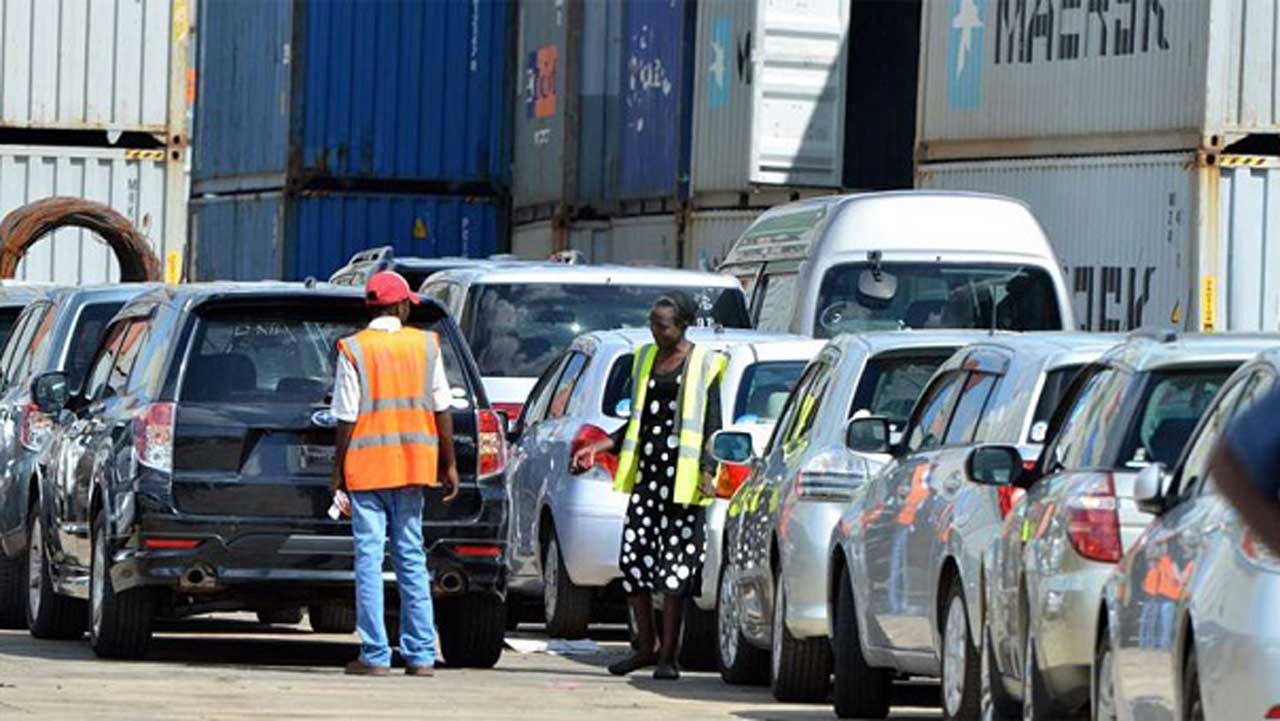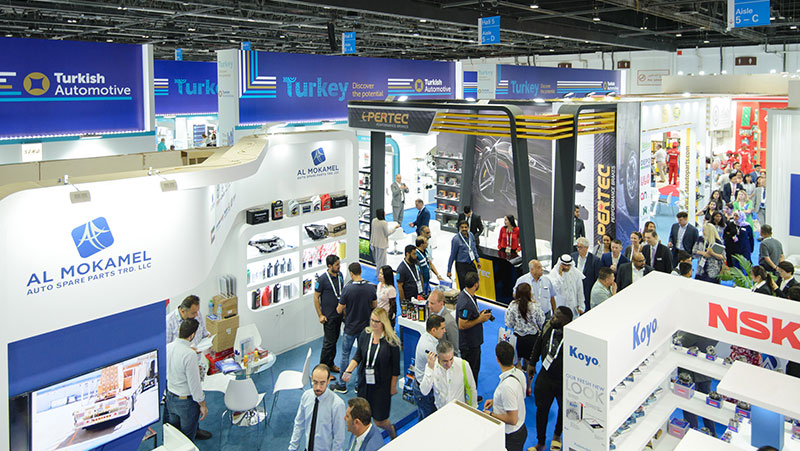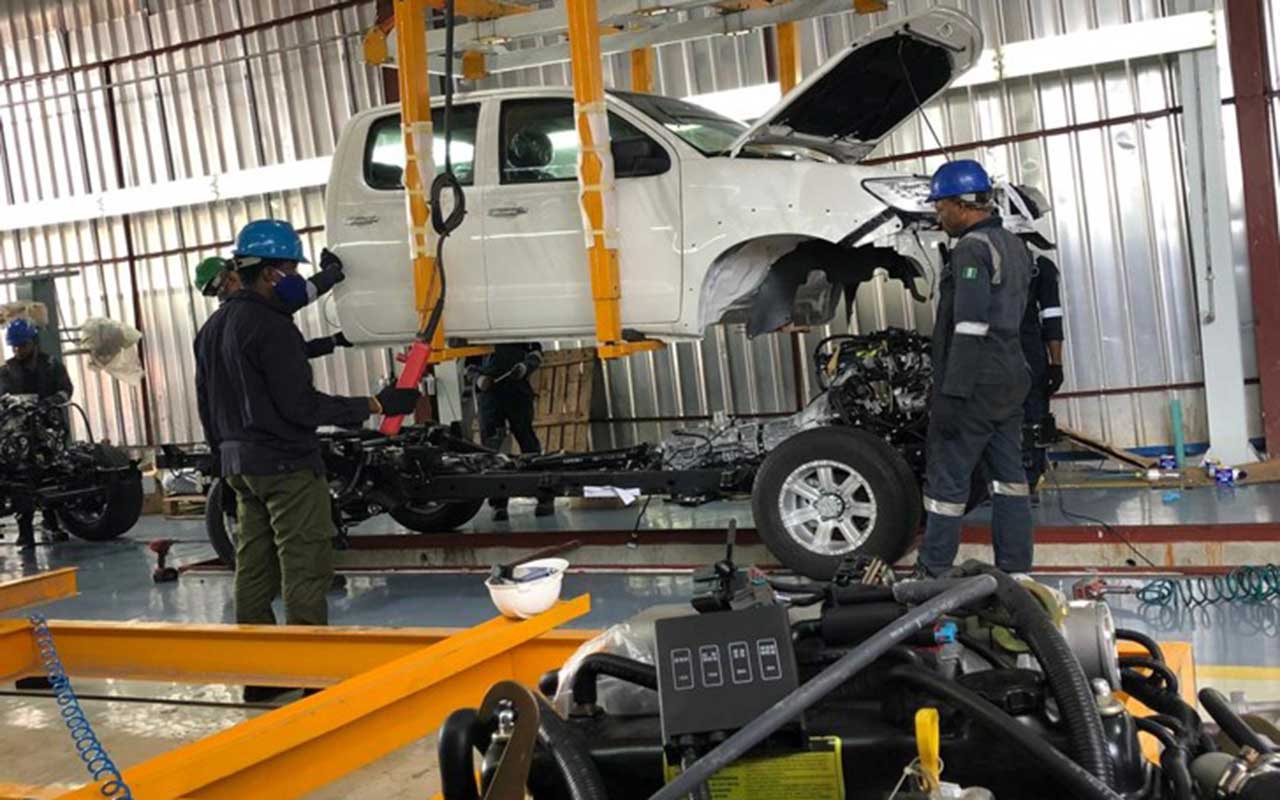The costs of importing vehicles from the United States are set to rise following the introduction of a 25 per cent automotive import tariff imposed by Donald Trump’s administration.
This policy would also compel vehicle importers to shift their attention from the U.S. to Europe for vehicle importation into the country.
These were the views of the National President of the Association of Motor Dealers of Nigeria (AMDON), Prince Ajibola Adedoyin, in an interview with The Guardian.
Adedoyin told our correspondent that the tariff would force dealers to look at other alternative markets for the importation of vehicles.
Trump had imposed 25 per cent auto tariffs on more than $460 billion of vehicle imports in April, aiming to boost domestic car manufacturing and protect American jobs.
But, a few weeks later, Trump retracted his steps and struck deals to reduce those tariffs on some countries.
The Nigerian automotive market is dependent on imports of used vehicles mainly from the U.S. and Europe.
Observers said the tariff would drastically affect the cost of bringing the vehicles into the country.
According to Adedoyin, the tariff would definitely increase the amount paid by importers for vehicle purchase and the duty paid on such imports.
The amount of the increment would be reflected on the final price of the product, he said.
He lamented that the auto market in Nigeria had been slow in the past few years, considering the purchasing power of people, stating that vehicles are now a necessity and not a luxury for most Nigerians.
“You know, because our importation of vehicles might be much from the U.S., but not all from the U.S.
“You know vehicles are no longer a luxury. But the market is low and even because of that, you know, it makes them keep recycling old cars.
“Instead of trying to replace them, they keep recycling the old vehicles. That has its own effect on the general safety of the public. The more you keep repairing an old vehicle, the more you expose it to accidents.”
He attributed vehicle recycling to the consequences of incremental policies.
Adedoyin further explained that AMDON members would continue to buy vehicles from the U.S despite the cost of clearing and foreign exchange, stressing that vehicles from the country had their special features.






